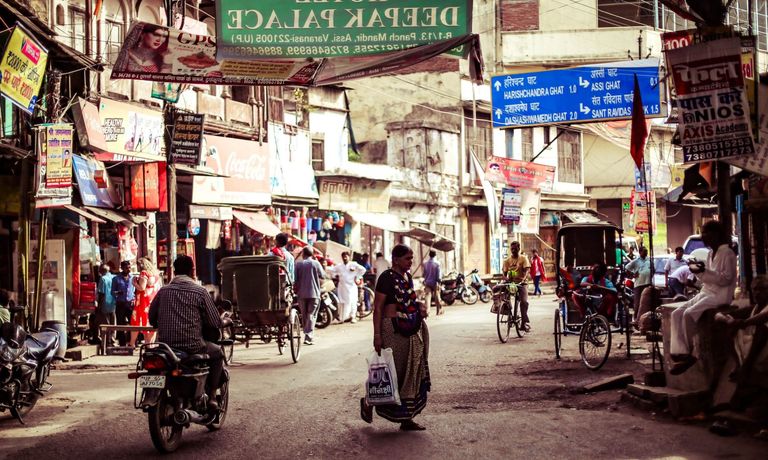Sujets correspondants
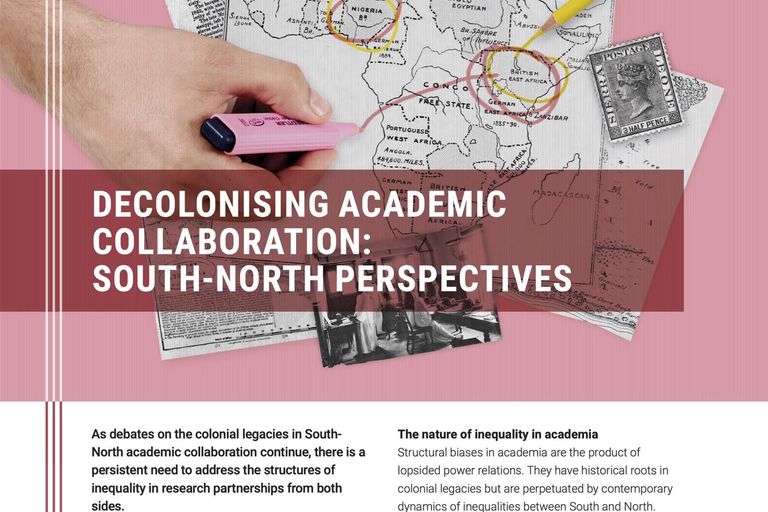
Decolonising academic collaboration - South-North perspectives
Decolonisation was originally intended as a revolutionary concept and approach, but contemporary debates, including in the global North, have arguably mainstreamed the concept of decolonisation. Indeed, one might ask whether the debate on decolonising academia itself has been colonised. This does not make decolonising academia irrelevant. On the contrary, it emphasises the importance of continuous attention to how structural imbalances of inequality are reproduced.
Ethics in Development Research
With this project, an interdisciplinary team of researchers aims to shed light on the dynamics and scope of ethical challenges as they pertain to research staff collecting data in low- and middle-income countries.
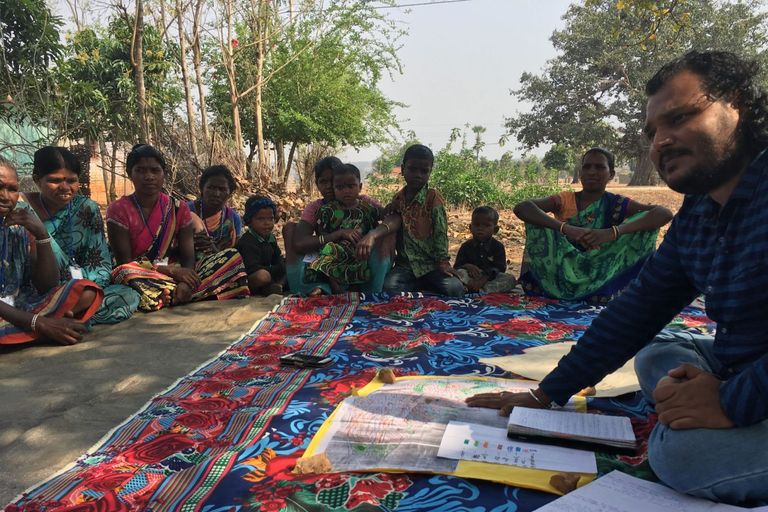
Some steps for decolonising international research-for-development partnerships
EADI Blog by Katarzyna Cieslik, Shreya Sinha, Cees Leeuwis, Tania Eulalia Martínez-Cruz, Nivedita Narain and Bhaskar Vira
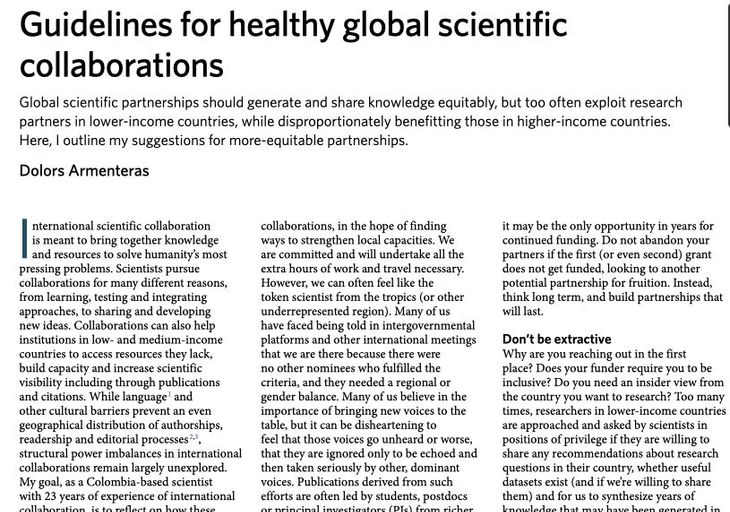
Guidelines for healthy global scientific collaborations
Global scientific partnerships should generate and share knowledge equitably, but too often exploit research partners in low-income countries, while disproportionately benefitting those in higher-income countries. Here, I outline my suggestions for more-equitable partnerships.
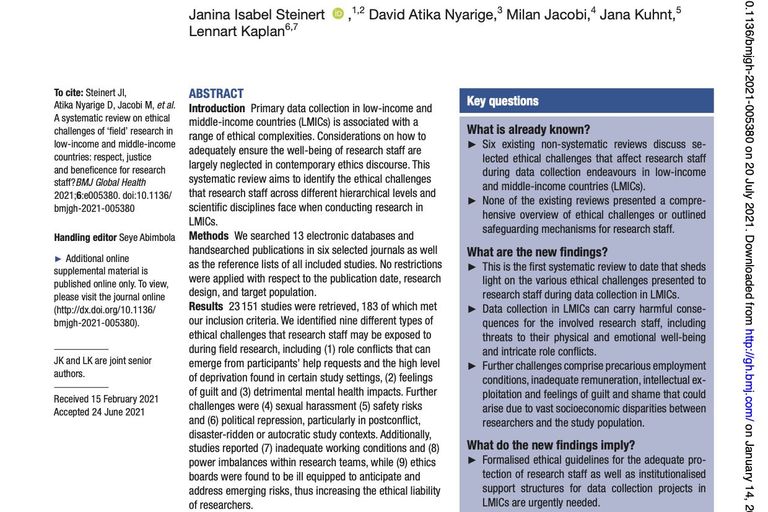
A systematic review on ethical challenges of ‘field’ research in low-income and middle-income countries: respect, justice and beneficence for research staff?
Primary data collection in low-income and middle-income countries (LMICs) is associated with a range of ethical complexities. Considerations on how to adequately ensure the well-being of research staff are largely neglected in contemporary ethics discourse. This systematic review aims to identify the ethical challenges that research staff across different hierarchical levels and scientific disciplines face when conducting research in LMICs.
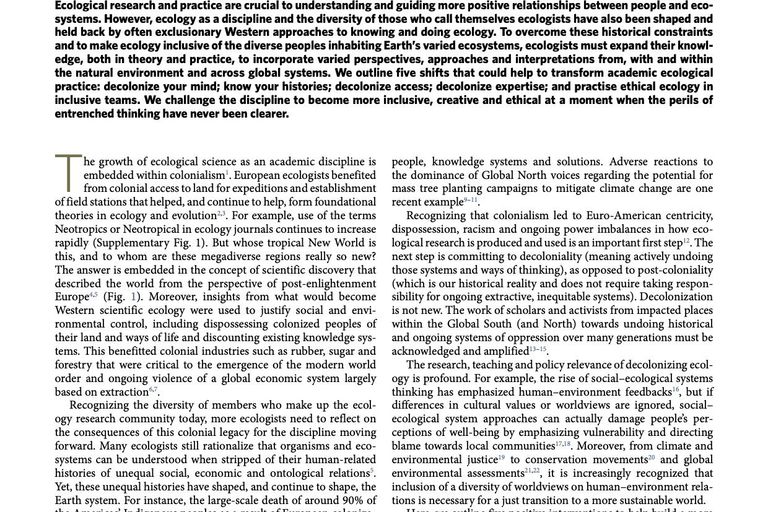
Decoloniality and anti-oppressive practices for a more ethical ecology
Christopher H. Trisos, Jess Auerbach & Madhusudan Katti


